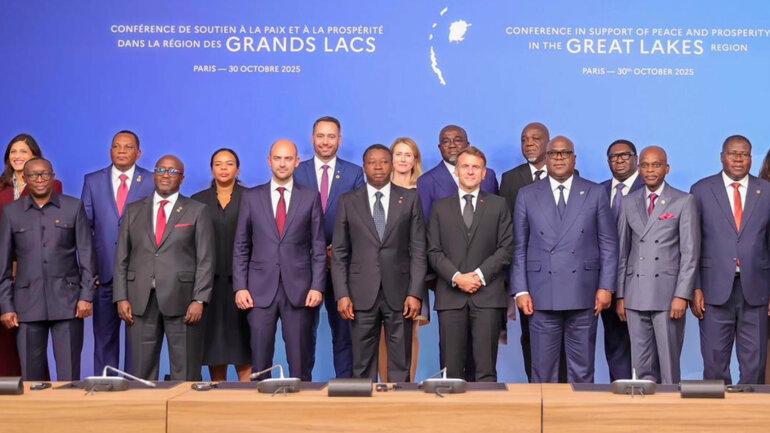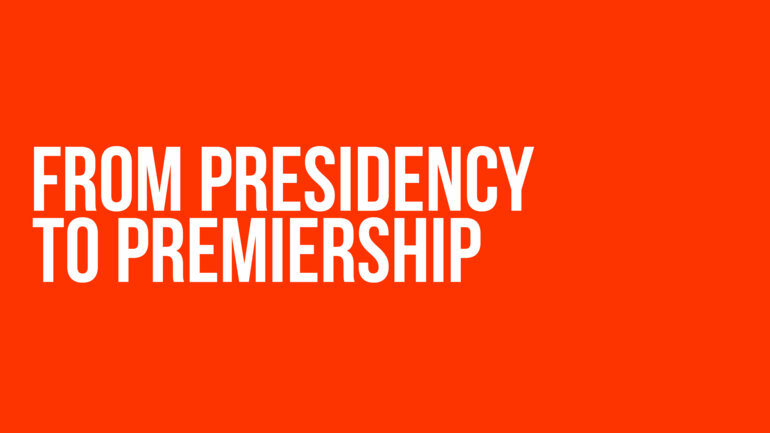
- Diplomatie

An International Monetary Fund (IMF) team led by Ivohasina Razafimahefa visited Lomé during March 20- April 2, 2019 to conduct the 2019 Article IV Consultation and hold discussions on the fourth review of the program supported by an Extended Credit Facility (ECF) which was approved in May 2017.
At the end of this visit, Mr. Razafimahefa issued the following statement:
“Good progress was made during the discussions, and they will continue in the coming weeks. Following the conclusion of ongoing discussions, the IMF Executive Board could consider the fourth ECF review and the 2019 Article IV Consultation in June 2019.
“After a sharp deceleration in 2017 due to socio-political tensions, economic growth is estimated to have recovered to 4.9 percent in 2018. Inflation was 0.9 percent at end 2018. The strong fiscal effort initiated in 2017 continued through September 2018. Performance softened towards year-end as revenue underperformed targets and some expenditure lines exceeded projections. Nonetheless, Togo complied in 2017 and 2018 with the WAEMU deficit criteria of 3 percent of GDP, two years ahead of the timeline agreed amongst member states.
“Structural fiscal and other reforms are progressing. The authorities pursued efforts to clear arrears; repayments amounted to CFAF65 billion in 2018. Moreover, they are implementing cash and commitment plans to prevent accumulation of new arrears. They are enhancing the quality of public investment by requiring all line ministries to proceed with a prioritization based on a cost-benefit analysis. They are improving further the business environment by facilitating land registration and transfers. The mission welcomes the authorities’ plans to pursue the structural reform agenda, including by accelerating tax arrears collection, strengthening tax and customs controls, introducing multi-year program-based budgeting, and providing support to small and medium-sized enterprises. Reforms in the financial sector are also underway.
“The government remains committed to the implementation of reforms under their program supported by the ECF. Most performance criteria and structural benchmarks at end-December 2018 were met. The authorities are taking necessary actions to preserve program objectives.
“In the medium-term, staff is encouraged by the vision and reforms outlined in the National Development Plan. Staff expects annual economic growth to approach 5.5 percent. With an improved business environment and public infrastructure, the private sector is expected to play an increasing role as the engine of growth. Downside risks to growth include constraints in the implementation of structural reforms and a possible economic slowdown among the main trading partners. Inflation and the fiscal deficit are expected to remain within the WAEMU convergence criteria. The current account position is expected to remain broadly consistent with fundamental and desirable policy settings. Staff is encouraged by the efforts to further strengthen governance, improve financial inclusion, and foster private sector-led inclusive growth. To this end, the mission shared with the authorities conclusions and recommendations of studies on efficiency of social spending, progress on governance, and experiences on reforms of public banks.
“The mission held discussions with M. Sani Yaya (Minister of Economy and Finance), M. Kodjo Adedze (Minister of Commerce, Industry, Private Sector, and Local Consumption), Ms. Léa T. Kolani Yentchare (Minister for Social Action and Advancement of Women), M. Kossi Ténou (National Director of BCEAO), and other senior officials, as well as representatives of the private sector and development partners. The IMF mission wishes to express its gratitude to the authorities and interlocutors for the constructive discussions and warm hospitality during its visit to Togo.”





